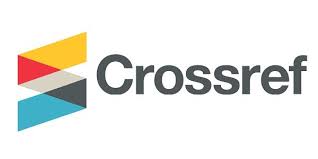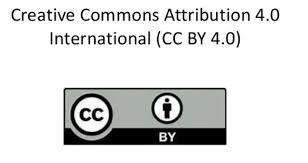Does Improved Management Practices Usage Affect Farm Income? Evidence from Cassava Farmers in Kwara State, Nigeria
DOI:
https://doi.org/10.47440/JAFE.2022.3303Keywords:
Cassava, Improved management techniques, farm revenues, and povertyAbstract
In the face of climate change, improved management practices (IMP) may play a significant role in driving up productivity and profitability. However, studies on the impact of IMP use on farm revenue, particularly among producers of cassava, have not gotten enough attention. So, we looked at how using Improved Management Practices affected the income of cassava growers in Kwara State, Nigeria. The specific goals were to: a) identify the Improved Management Practices used by cassava farmers; b) examine how using Improved Management Practices affected the farmers' farm income; and c) define the poverty profile of the cassava farmers. Using descriptive statistics, index ranking, correlation, and the Foster Greer and Thorbecke (FGT) poverty decomposition model, the cross-sectional data collected from 120 cassava farmers were analyzed. The findings showed that the three most commonly used Improved Management Practices in the research area were guided planting time, herbicides, and guided planting distance. Additionally, the intensity of IMP consumption positively and significantly affects farm income. According to the FGT results, 30% of farmers were in poverty. It is important to explore any tactics and laws that would encourage farmers to learn more about Improved Management Practices and, as a result, enhance the intensity of IMP usage.






 Publisher:
Publisher: 